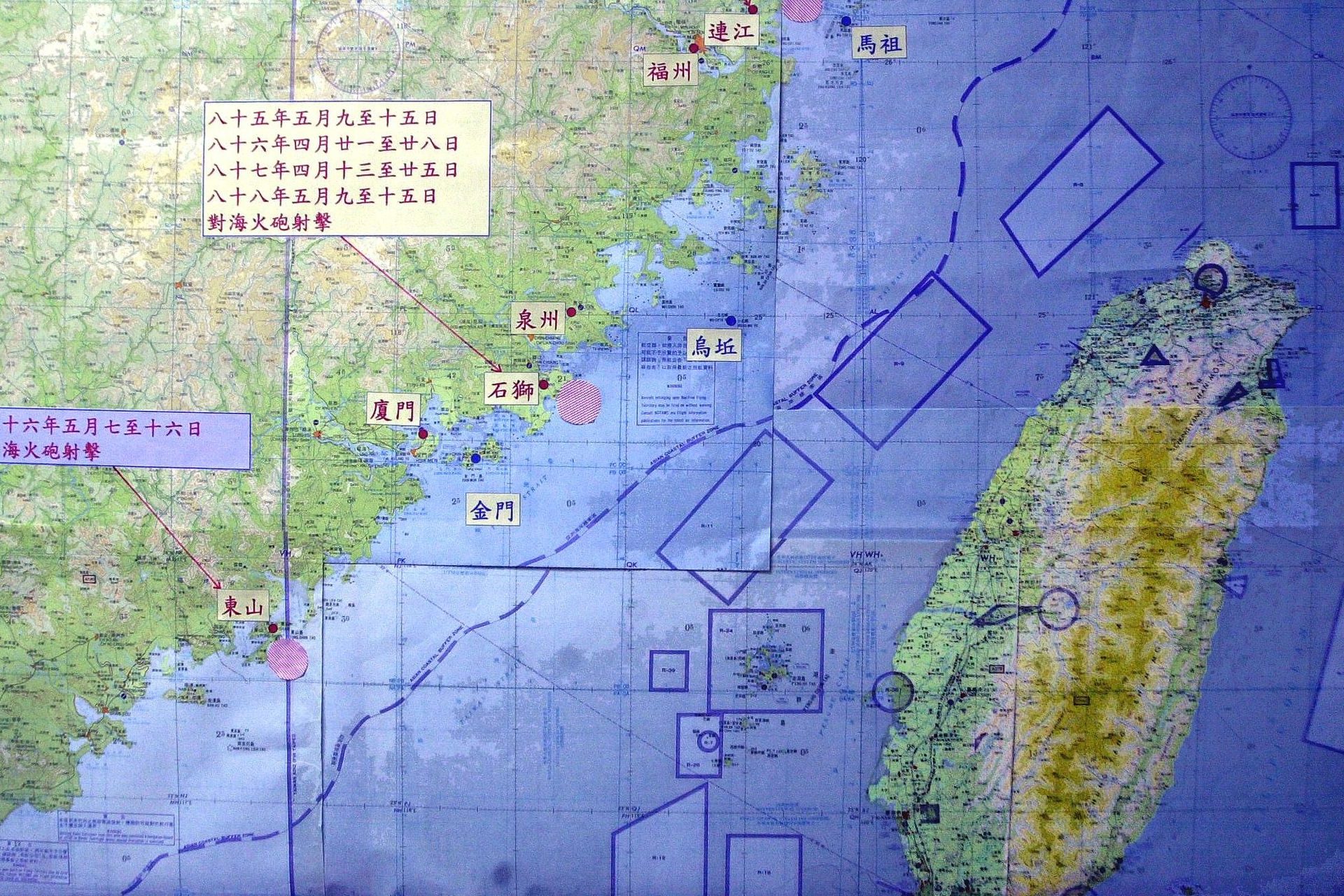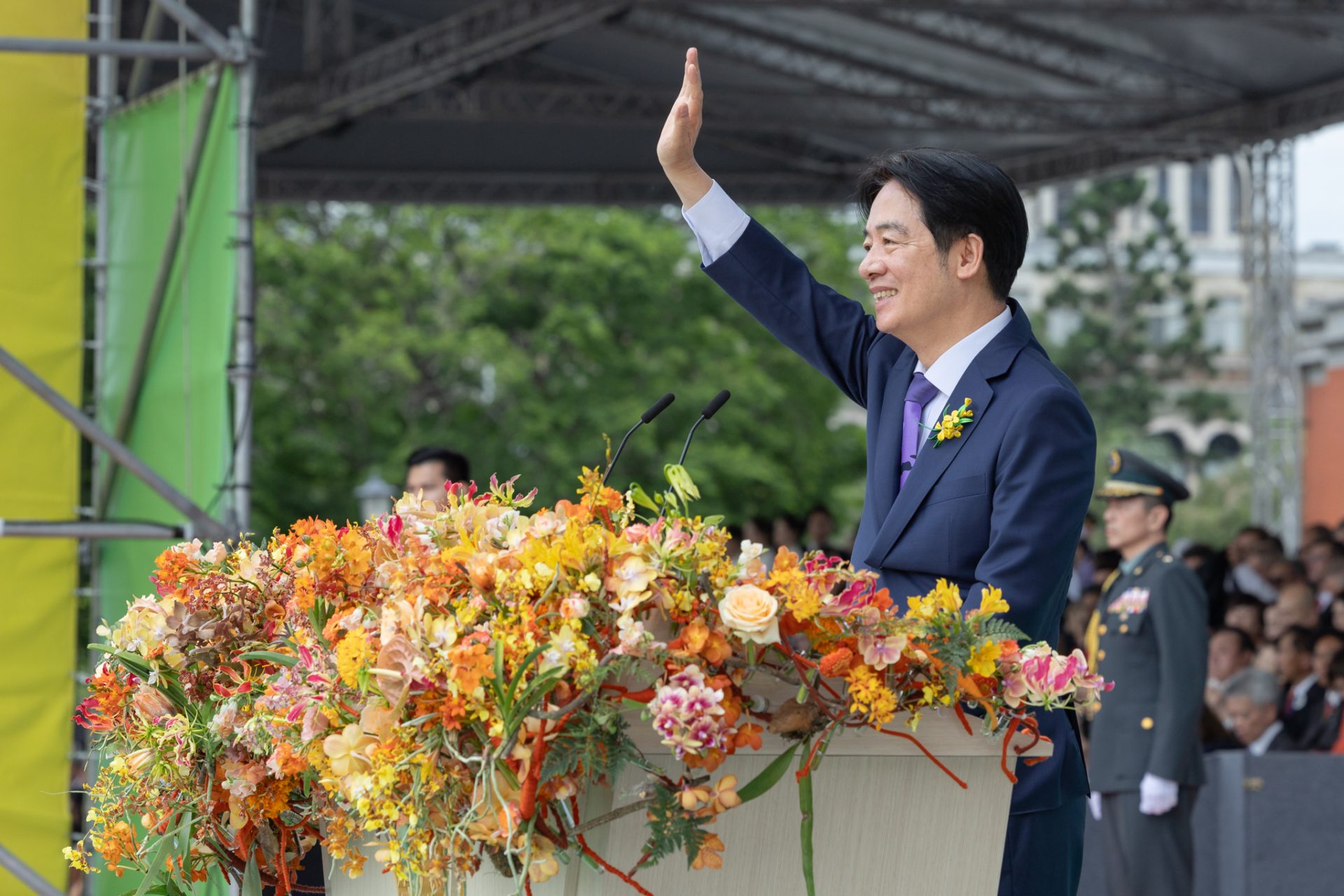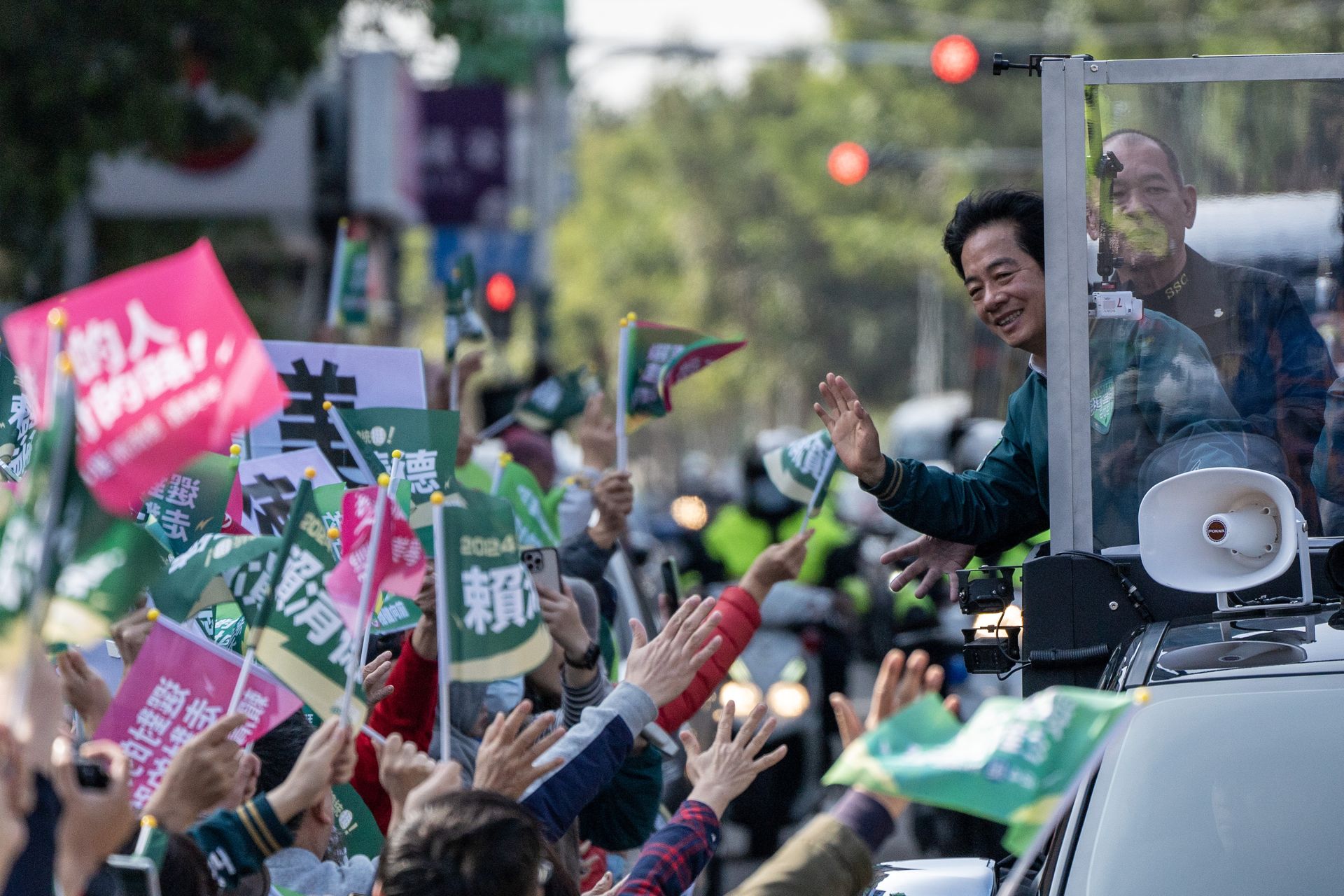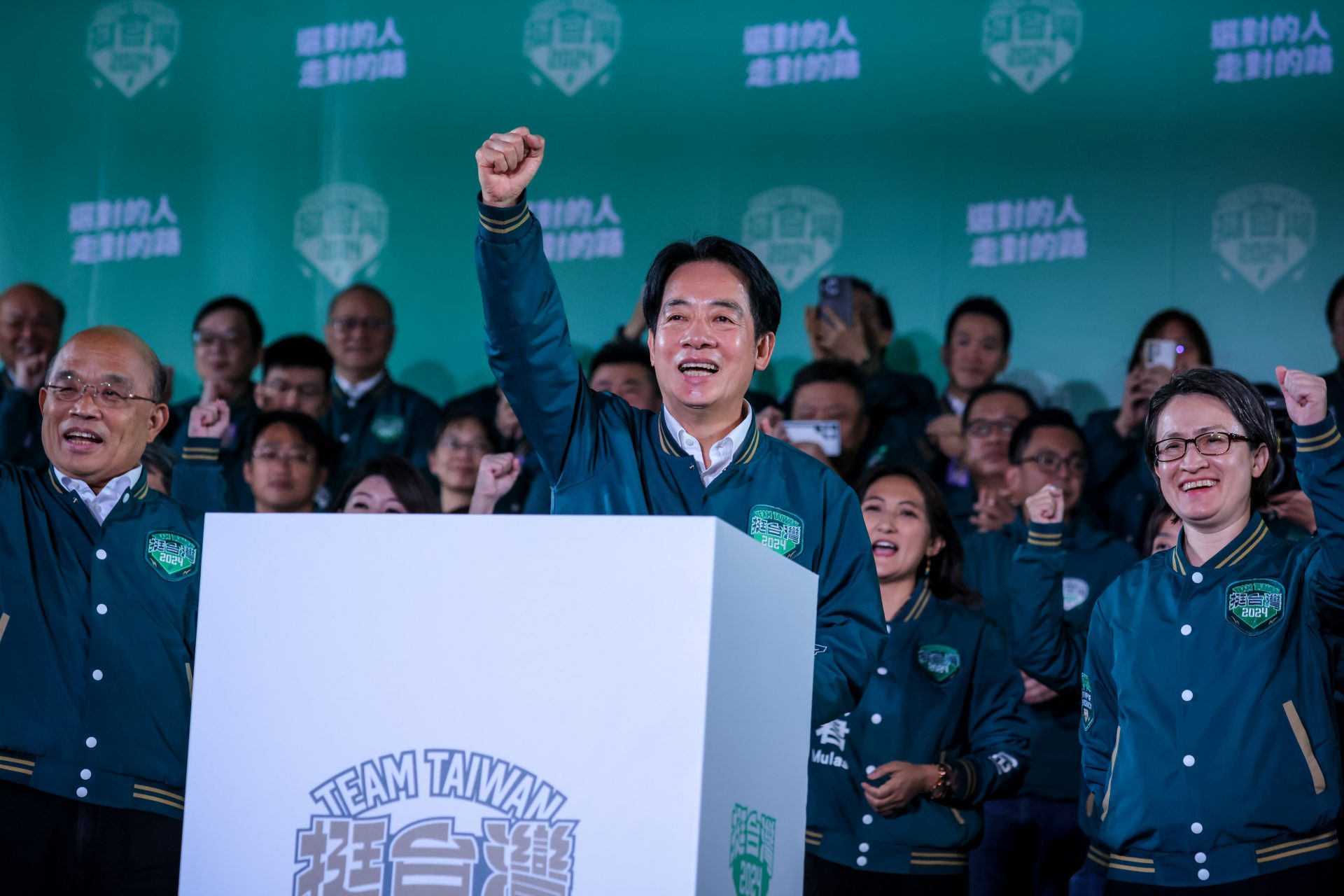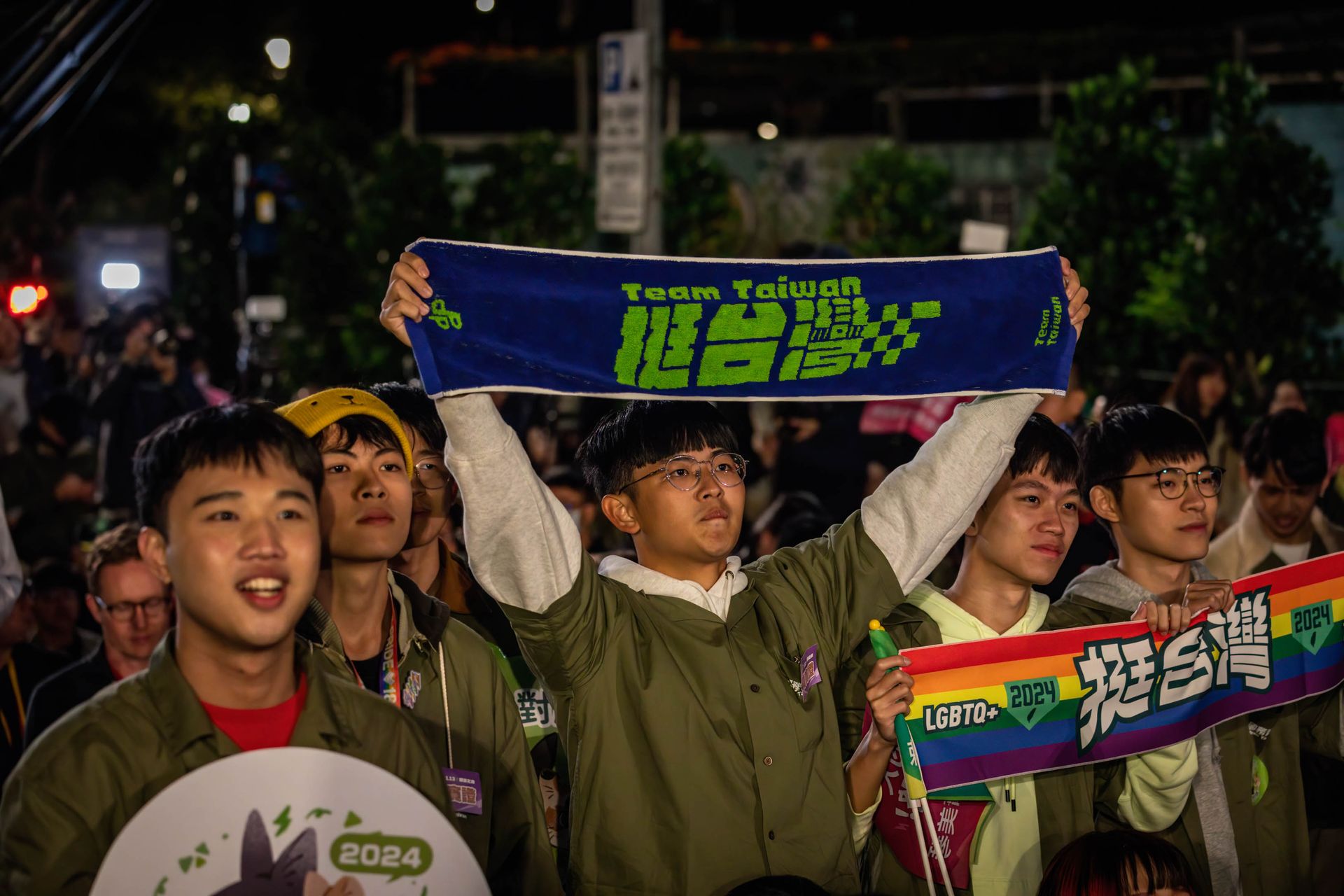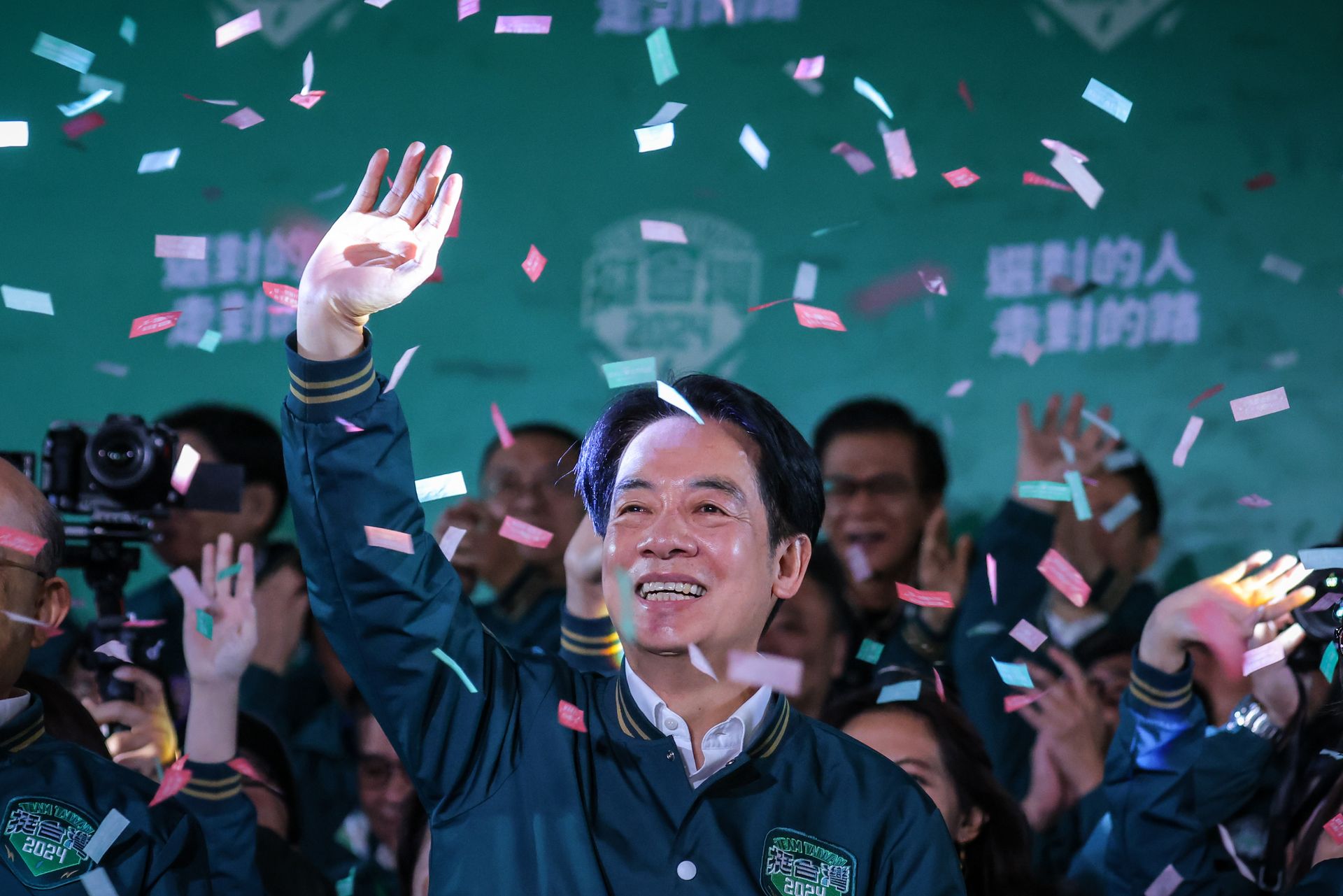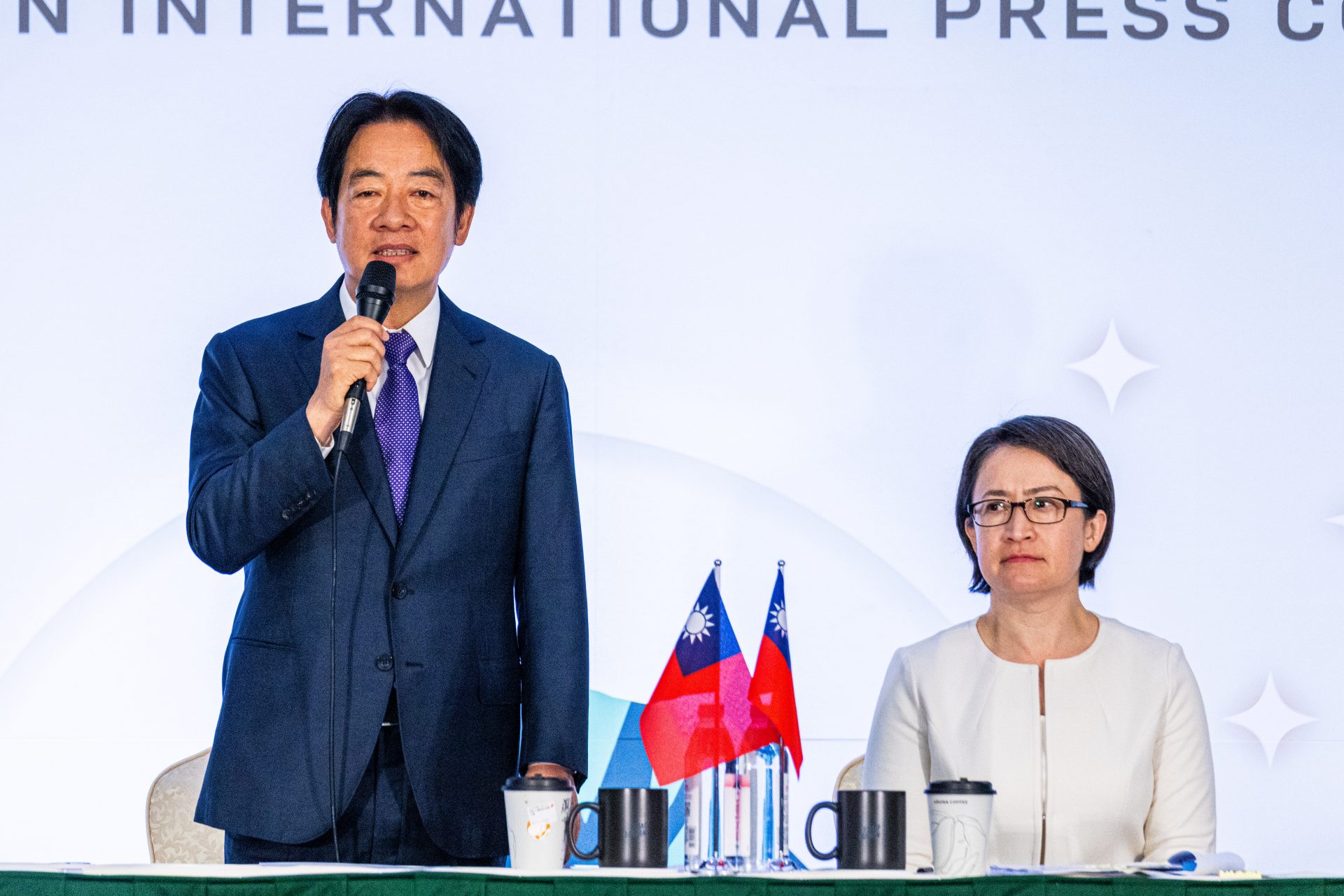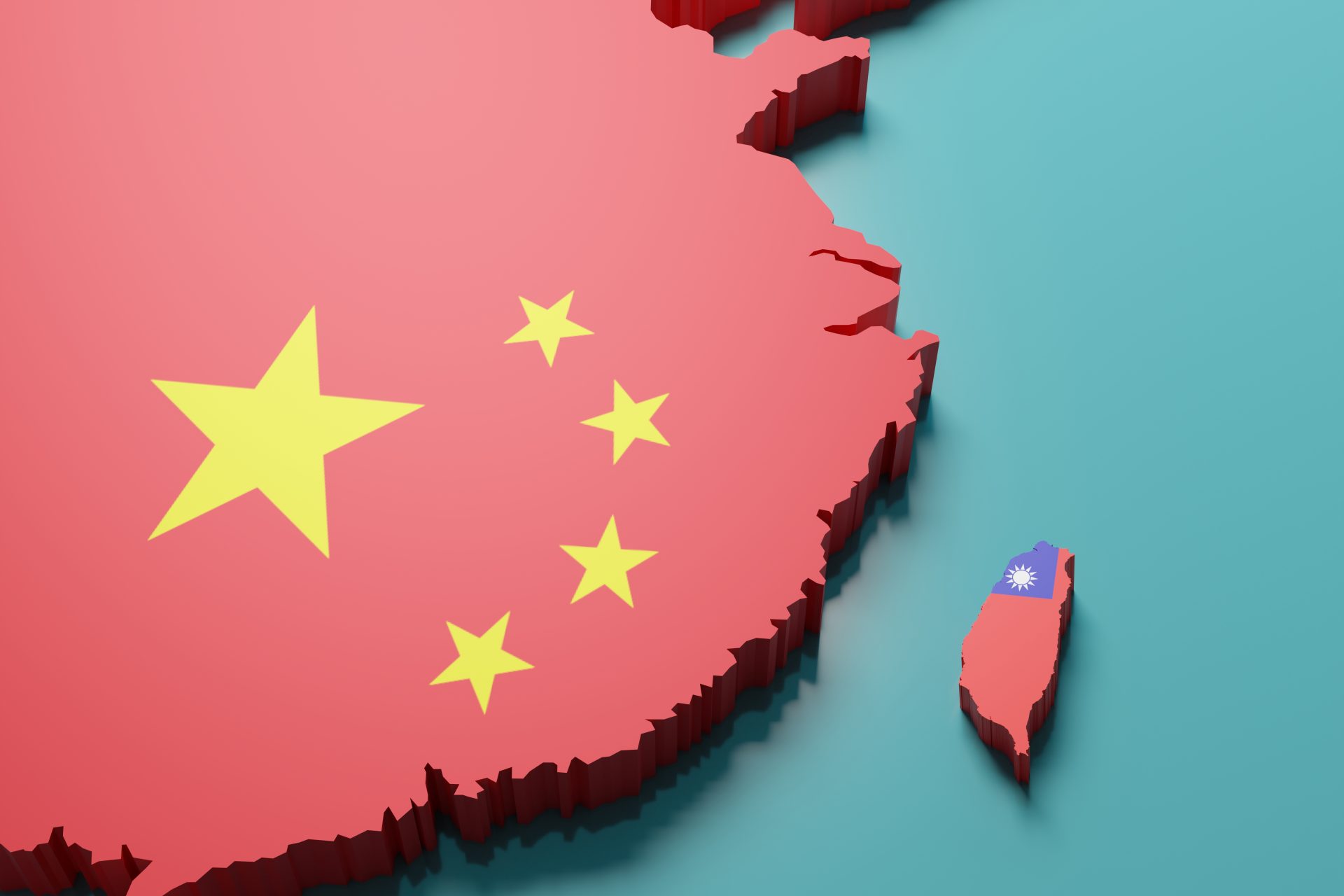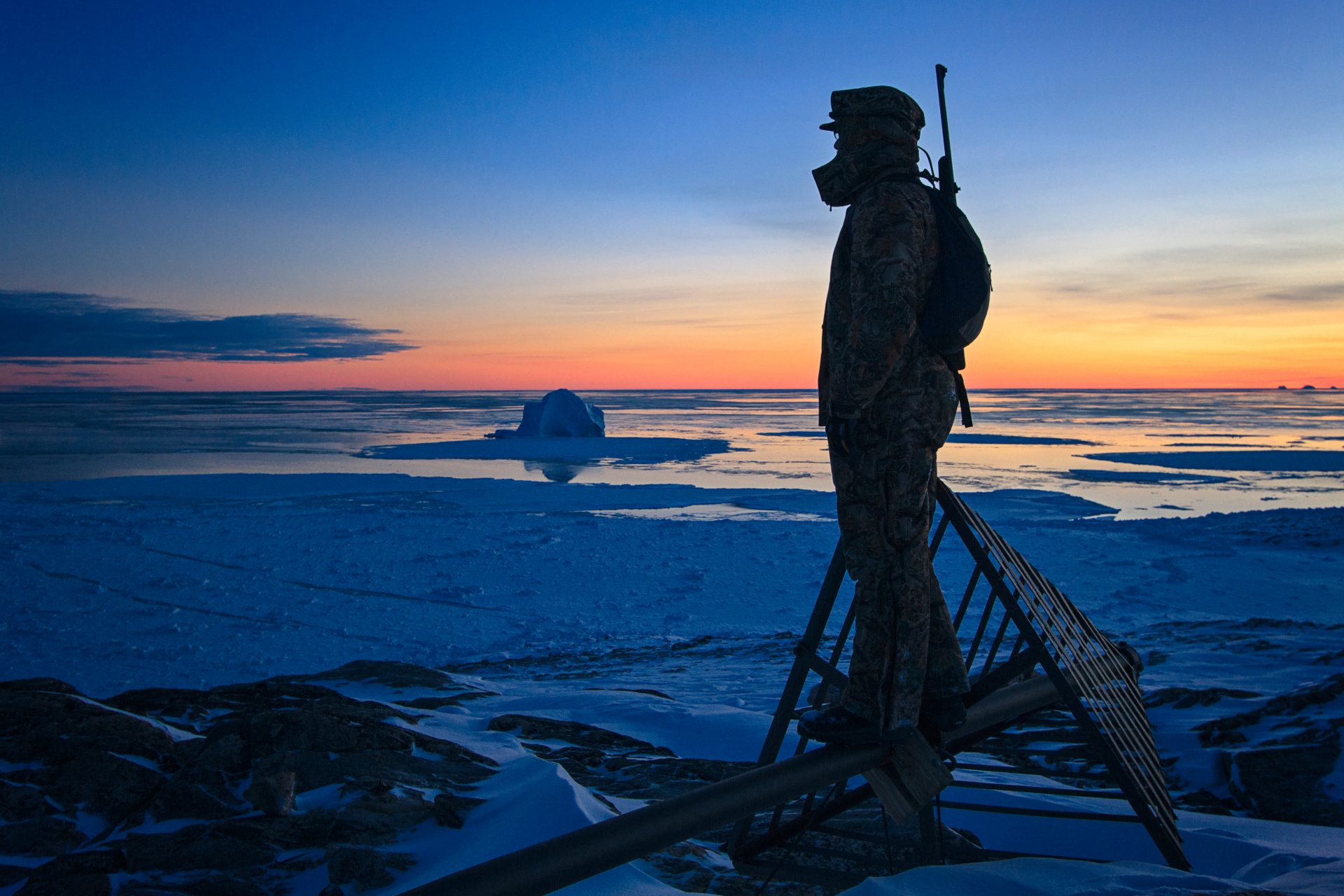China starts military maneuvers as 'punishment' against Taiwan
CNN reports that the People's Republic of China has started intensive military drills surrounding the island of Taiwan as a “punishment” for “separatist acts” against Beijing's power.
Beijing officially considers Taiwan a breakaway province and in recent years, under the government of Xi Jinping, it has declared its intention to bring it back into the fold.
The military maneuvers, which will surround the island of Taiwan, come days after the inauguration of the new democratically-elected President of the Taipei government.
A statement from the Taiwanese Ministry of Defense, and cited by CNN, condemned the military practices: “We stand by with firm will and restraint. We seek no conflicts, but we will not shy away from one. We have the confidence to safeguard our national security”.
On May 20th, William Lai was sworn as the 8th President of Taiwan. During his inauguration speech, the BBC writes, he had a very clear message to the People’s Republic of China: “Stop threatening Taiwan”.
Lai urged the Beijing government to turn the threat of military confrontation into dialogue among equals, stating that Taiwan would never back down in the face of intimidation.
“I want to call on China to cease their political and military intimidation against Taiwan, share with Taiwan the global responsibility of maintaining peace and stability in the Taiwan Strait as well as the greater region, and ensure the world is free from the fear of war,” declared the new leader from Taipei, per CNBC
According to CNBC, the new President of Taiwan also stated that he “cannot make any concessions on democracy and freedom.”
Unsurprisingly, the government headed by Xi Jinping rebuffed the statements done by the new Taiwanese President, claiming that Taiwan’s path towards full independence was a dead end.
“Regardless of the pretext or the banner under which it is pursued, the push for Taiwan independence is destined to fail,” Beijing’s Foreign Ministry spokesperson Wang Wenbin declared to the press, as quoted by the BBC.
CNBC highlights that the People’s Republic of China regards Lai as a “stubborn worker of Taiwanese independence” and a dangerous separatist.
Lai and his predecessor Tsai Ing-wen, whom he served as Vice President, both belong to the Democratic Progressive Party, which the BBC describes as disliked by Beijing for being seen as “pro-independent”.
The son of a coal miner and raised by a widowed working-class mother, Lai had a prestigious career in Medicine, earning a master’s degree from Harvard University before entering politics.
Lai served 11 years in the Taiwanese legislature, seven as mayor of Tainan, and entered Tsai Ing-wen’s cabinet in 2017. First as Premier, subsequently becoming her Vice President.
Although Lai has been described as something of a pro-independence radical in his youth, The New York Times highlights that during the inauguration he promised to maintain the current status quo, arguing that Taiwan is de facto independent of Beijing.
Lai will likely face quite a few challenges as President of Taiwan. On one hand, his party no longer holds the majority in the legislature, which just days before his sworn-in had deputies exchanging blows during a heated debate.
Meanwhile, the People’s Republic of China has increased its military presence not far from Taiwanese waters, with navy exercises and incursions. Will Taiwan’s new leader be up for the challenge?
More for you
Top Stories




